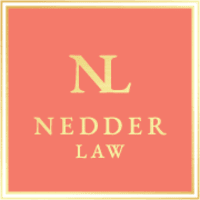Life Estate FAQs
-
What is a life estate?
The term “life estate” refers to property that is owned by an individual only through the duration of his or her lifetime (the “life tenant”), after which, the property transfers automatically to a second party (the remainderman).
-
What rights does the life tenant have?
As a life tenant, you have the right to live in, use, enjoy, and control the home until you die. The life tenant has full control during her life of everything but selling or mortgaging the property. She can use it, rent it out and make improvements on it. The remainderman have an interest in the property, but they do not have the right to occupy it or rent it out.
-
Who is responsible for the property?
The life tenant has the legal responsibility to maintain the property. The life tenant must make any payments for maintenance, including taxes and repair bills. The life tenant cannot waste the property, meaning that the life tenant cannot neglect the property or let it deteriorate. In other words, the life tenant must maintain the property.
-
What if the life tenant wants to sell or get a mortgage?
The life tenant cannot sell or mortgage the property, without agreement from the remainderman. The remainderman would have to agree and sign off on the papers.
-
How much does the life tenant get if the property is sold?
In the event of a sale, the remaindermen would receive a portion of the proceeds based on tables that factor in the life tenant's age and current interest rates. As the life tenant gets older, her share would become smaller, and the remainderman's share would be larger, if the property was sold.
-
If the property is not sold, what happens after the life tenant dies?
After the life tenant dies, the property automatically transfers to the remainderman and the remainderman becomes the sole owner of the property. The property does not go through probate.


